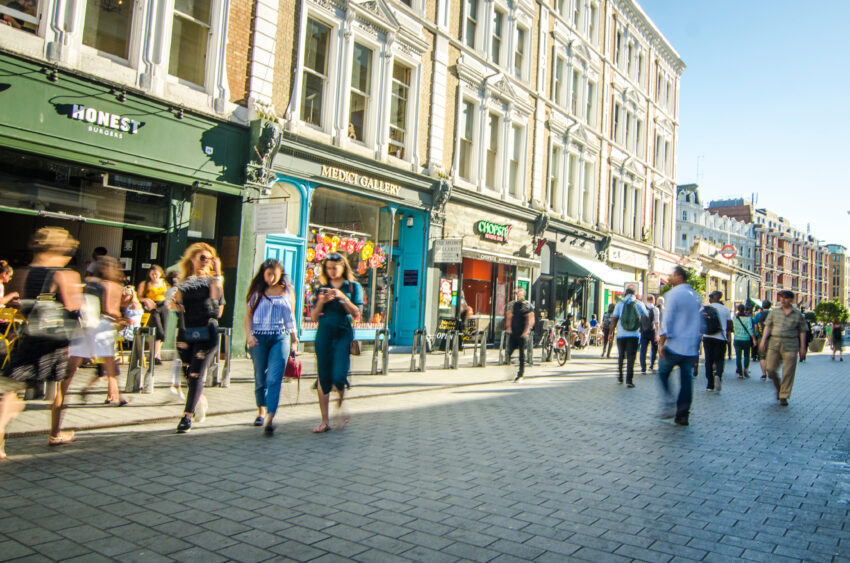UK & US Retailers Ramp Up Investment in Advanced Security Tech Amid Rising Losses
Retailers across the UK and United States are facing unprecedented levels of shrinkage and security-related challenges, prompting an historic wave of investment in advanced security technologies. According to industry figures, UK shoplifting-related losses have surged past £2.2 billion, and a recent analysis by Epiq Infotech reports that U.S. retailers lost an estimated $121.6 billion to shrink in 2024. These losses are no longer being dismissed as operational overhead, they are driving board-level conversations and decisive capital allocations.
A New Era of Retail Security
Retailers are now committing over £1.8 billion in new security technology deployments, ranging from AI-powered video analytics and computer vision systems to facial recognition and smart surveillance pods. These investments are not isolated pilots, but large-scale rollouts designed to protect margin, reassure shareholders, and safeguard staff.
What’s notable is the shift from reactive deterrence to proactive prevention. Rather than relying solely on traditional CCTV or loss prevention staff, many chains are embedding advanced analytics into their operations. AI systems can detect suspicious behaviours in real time, flag repeat offenders, and even anticipate potential theft through gesture recognition and movement tracking.
Balancing Security and Customer Experience
One of the biggest challenges for senior leaders is how to balance effective deterrence with a frictionless customer journey. Facial recognition trials, such as those launched by Sainsbury’s in the UK, have sparked debate about privacy and ethics. Meanwhile, U.S. chains are experimenting with less intrusive AI-powered anomaly detection that focuses on behaviour rather than identity.
This balancing act is crucial. Overly aggressive or visible interventions risk alienating customers, while underinvestment leaves retailers vulnerable to escalating organised crime. The most successful strategies appear to be those combining multiple layers of technology—such as secure packaging, AI monitoring, and human oversight, while maintaining transparency with customers about why measures are in place.
Organised Crime Driving Escalation
Industry executives on both sides of the Atlantic warn that retail crime is increasingly “industrial-scale,” with organised groups targeting high-value goods for resale. This escalation has increased both the financial stakes and the threat to frontline staff, with reports of rising aggression and violence. As a result, investment in technology is being paired with staff training, body-worn cameras, and closer collaboration with law enforcement.
Strategic Implications for Senior Leaders
For senior retail professionals, the message is clear: security is no longer a back-office function, it is a core strategic priority. Key considerations include:
-
Capital Allocation: Determining how much of the technology investment should be directed toward prevention versus protection.
-
Ethical Frameworks: Establishing governance around surveillance, data handling, and customer privacy.
-
Cross-Sector Collaboration: Working with government, police, and industry bodies to tackle organised retail crime.
-
Technology Integration: Ensuring that new systems enhance rather than hinder operations, and that they integrate with existing IT and security infrastructure.
Looking Ahead
As the pressure of rising losses and crime intensifies, the retail sector is entering an era where advanced security technologies are as critical as supply chain resilience or digital transformation. The retailers who lead in adopting, and responsibly managing, these tools are likely to set new standards for both profitability and customer trust in a more volatile retail environment.
.jpg)


%20(600%20x%20315%20px)%20(4).png)